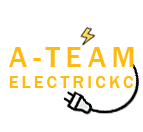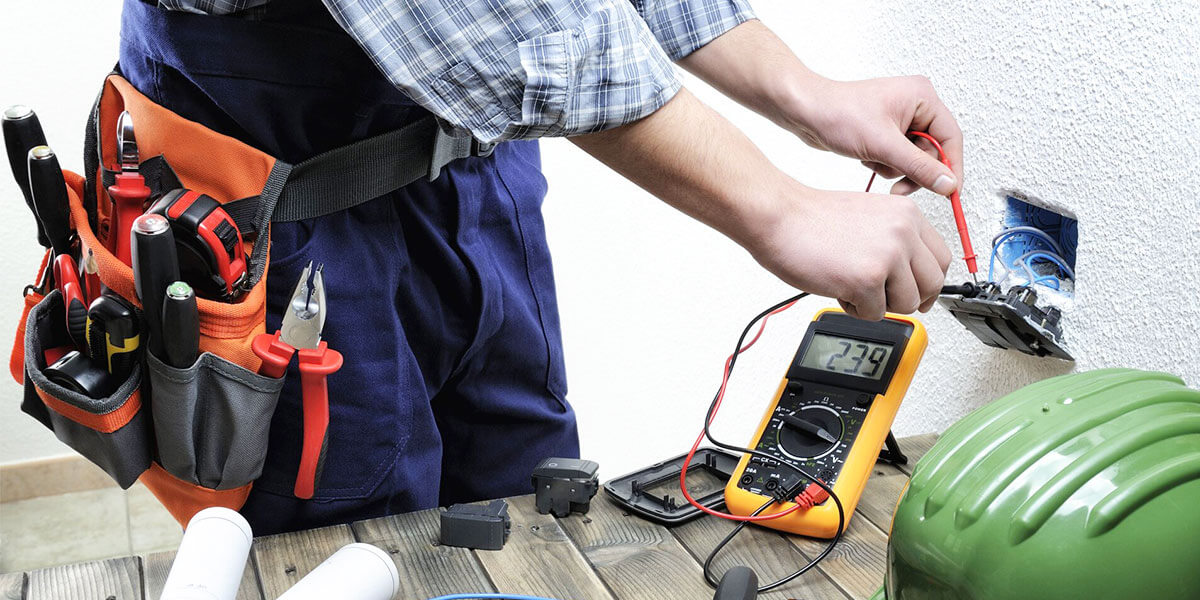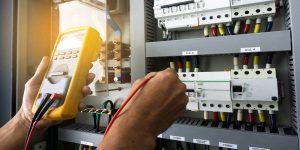In the era of rising home improvement projects, many homeowners find the allure of DIY electrical work hard to resist. The feeling of accomplishment and self-satisfaction is tremendous when completing DIY (Do It Yourself) projects around the house yourself. Nevertheless, the stakes are even higher when we deal with electric installations and repair-related issues.
My review underlines that personal safety and experience are essential prerequisites for dealing with electrical projects, as some tasks need professional electrician services. By being incentivized to solve certain tasks on your own and understanding their complexity and risks, you can avoid dangerous incidents and costly failures and, in some cases (for complex tasks), seek professional help. I do not take sides in the “battle” of licensed electricians vs. DIY. I urge you to use your own judgment and judgment.
The dangers of DIY electrical work
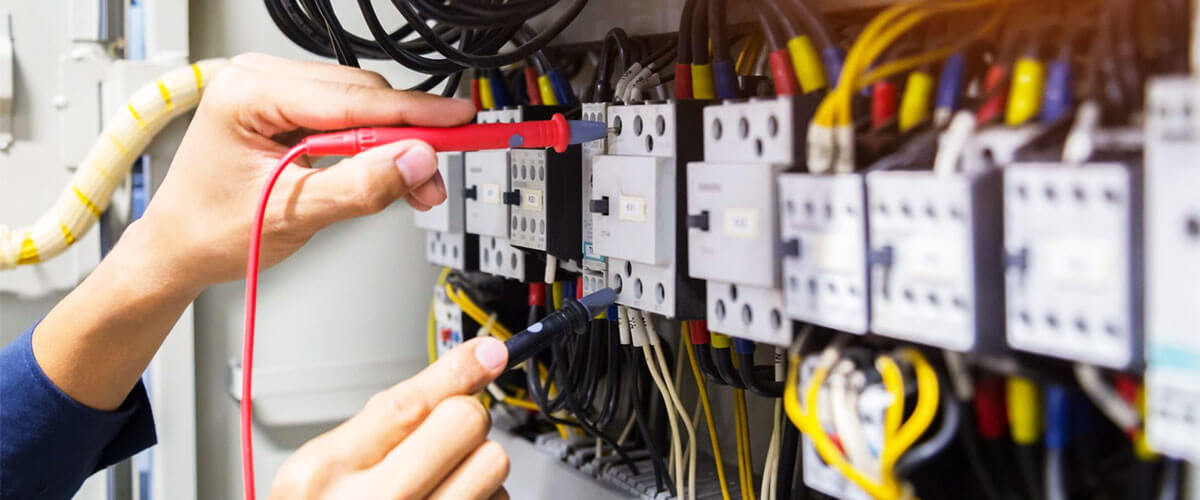
Electrical activities carried out on your own can be very dangerous as it exposes you to the risk of fire, electrocution, and damage to the appliance. DIY electrical work is extremely risky, and its dangers should never be underestimated. A lack of prerequisite coursework, skills, and technological infrastructure can cause even small errors to result in dire consequences.
Additionally, doing your electrician work is typically to violate local building codes and rules, including obtaining an electrician work permit. Not only is it a danger to your safety, but it may result in legal stuff. Moreover, these kinds of infractions also influence your home insurance, probably causing some excluded claims in the case of an electrical event.
Projects homeowners should avoid
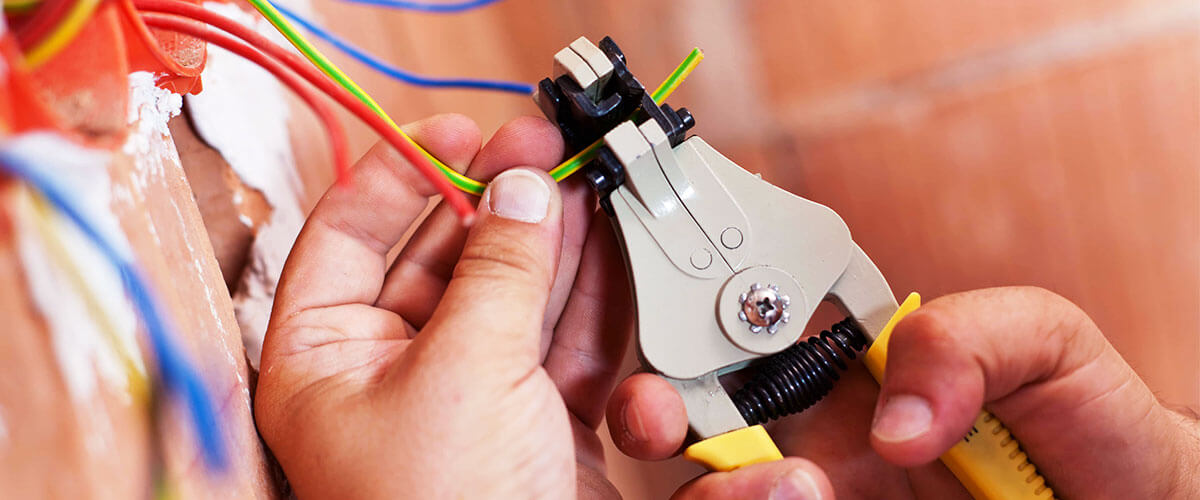
DIY projects pose a risk and should be undertaken by homeowners only if they have the requisite skills and knowledge. They should only be entrusted to professionals who are involved in high-risk electrical jobs. Undertaking such large installations, such as adding new circuits, upgrading electrical panels, or installing big appliances without proper instruction and skills, can cause serious security problems. In addition, these duties frequently require an electrical work permit to guarantee adherence to the rules of the local building regulations and safety measures.
Exterior electrical jobs such as installing exterior lighting or power systems are another category of work that brings more risks to non-specialists. Their completion often calls for waterproofing and earthing, which ensures against electrocution and fire. Therefore, the need for expert involvement is critical.
Alterations to the existing electrical system, such as adding extra outlets, changing switch positions, or wiring configurations, come with hazards. Using unsafe wiring may lead to electrical fires, appliance damage, or personal injury.
I think you’ve realized that you can change a light bulb or socket yourself, but you need to hire professional electricians for more serious work (if you don’t have experience and special tools).
Tips for working safely with electricity on minor DIY projects
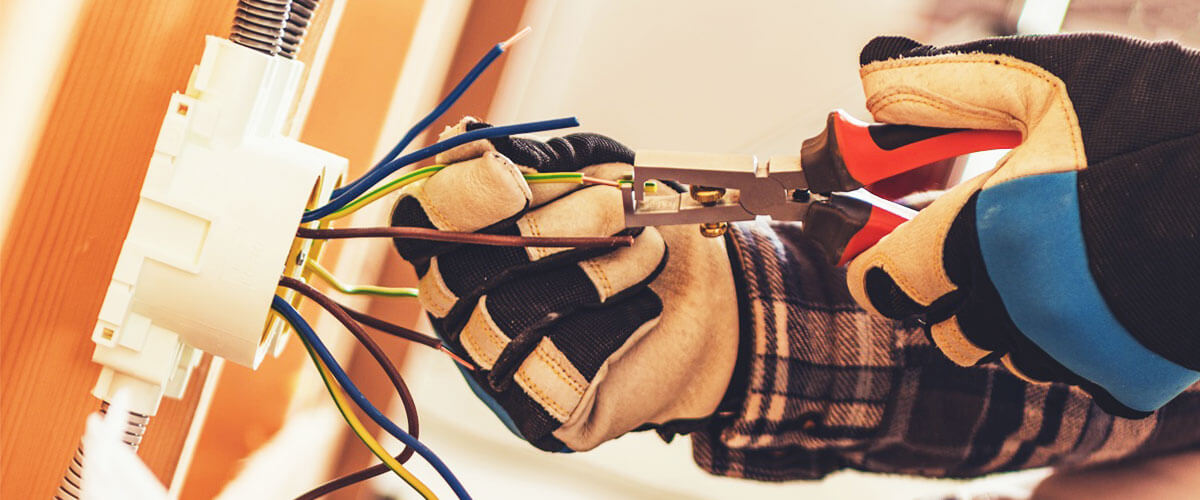
Provided the homeowners are dealing with electrical tasks that can be handled on a minor scale, like installing a dimmer switch or replacing a light fixture, safety will always be an aspect that should be kept in mind.
It is good to begin by turning the switch off at the breaker and inspecting it to make sure it is off before continuing. By following the manufacturer’s instructions and using the correct tools and materials, accidents can be prevented, and the project can be accomplished.
I also recommend that you purchase and use special tools. For example, a multimeter, a set of screwdrivers, gloves, and a ladder. This will be enough for minor electrical work in a house or apartment.
Don’t forget to have a safety net. Let your wife or another relative help you. For example, hand you a tool or hold the ladder while you change a light bulb.
